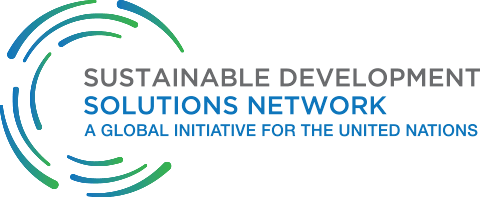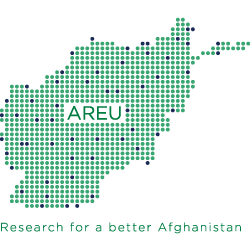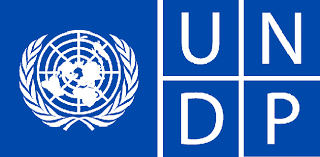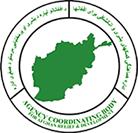
The UN Sustainable Development Solutions Network (SDSN) has been operating since 2012 under the auspices of the UN Secretary-General. SDSN mobilizes global scientific and technological expertise to promote practical solutions for sustainable development, including the implementation of the Sustainable Development Goals (SDGs) and the Paris Climate Agreement. We aim to accelerate joint learning and promote integrated approaches that address the interconnected economic, social, and environmental challenges confronting the world. SDSN works closely with United Nations agencies, multilateral financing institutions, the private sector, and civil society.The organization and governance of SDSN aims to enable a large number of leaders from all regions and diverse backgrounds to participate in the development of the network. The SDSN Leadership Council brings together global sustainable development leaders from all regions drawn from civil society, public, and private sectors. It acts as the board of SDSN. Much of SDSN’s work is led by National or Regional SDSNs, which mobilize knowledge institutions around the SDGs. Several Thematic Networks mobilize experts from around the world on the technical challenges of implementing the SDGs and the Paris Climate Agreement. SDSN has a small secretariat with offices in New York, New Delhi, and Paris.

The Afghanistan Research and Evaluation Unit (AREU) is a Kabul-based independent research think tank established in 2002 with the assistance of the international community in Afghanistan. AREU’s mission is to inform policy and practice by conducting high-quality, evidence-based research and actively disseminating the results, and to promote a culture of research and learning.

UNDP has been present in Afghanistan for over 50 years and continued to operate from Islamabad during the Taliban régime. UNDP supports the people of Afghanistan as they face new challenges and move their country from recovery to development towards the achievement of the Millennium Development Goals by 2020.
UNDP works with the Government to develop local capacity and provide Afghan solutions for Afghanistan. UNDP Afghanistan programmes partner with Afghan institutions to focus on crisis prevention and recovery; democratic governance, and poverty reduction and sustainable livelihoods, in line with the goals laid down by the Government in the Afghanistan National Development Strategy (ANDS).
UNDP operates within the framework of the integrated United Nations Assistance Mission to Afghanistan (UNAMA)and within the United Nations Development Assistance Framework (UNDAF). UNDP operates in all 34 provinces of Afghanistan.


ACBAR, the Agency Coordinating Body for Afghan Relief and Development, is an independent body bringing together 154 national and international NGOs working in Afghanistan who abide the humanitarian principles of independence, neutrality, impartiality and humanity and also the NGO Code of Conduct which promotes transparency, accountability and the principle of Do No Harm.
ACBAR was founded in Peshawar, Pakistan, in August 1988 in response to the demand from NGOs working with Afghan refugees in Pakistan and across the border in Afghanistan, to coordinate assistance and delivery of services to people in need more effectively. ACBAR members are working in all 34 provinces of Afghanistan in humanitarian, development and peacebuilding activities.
Comment is not allowed